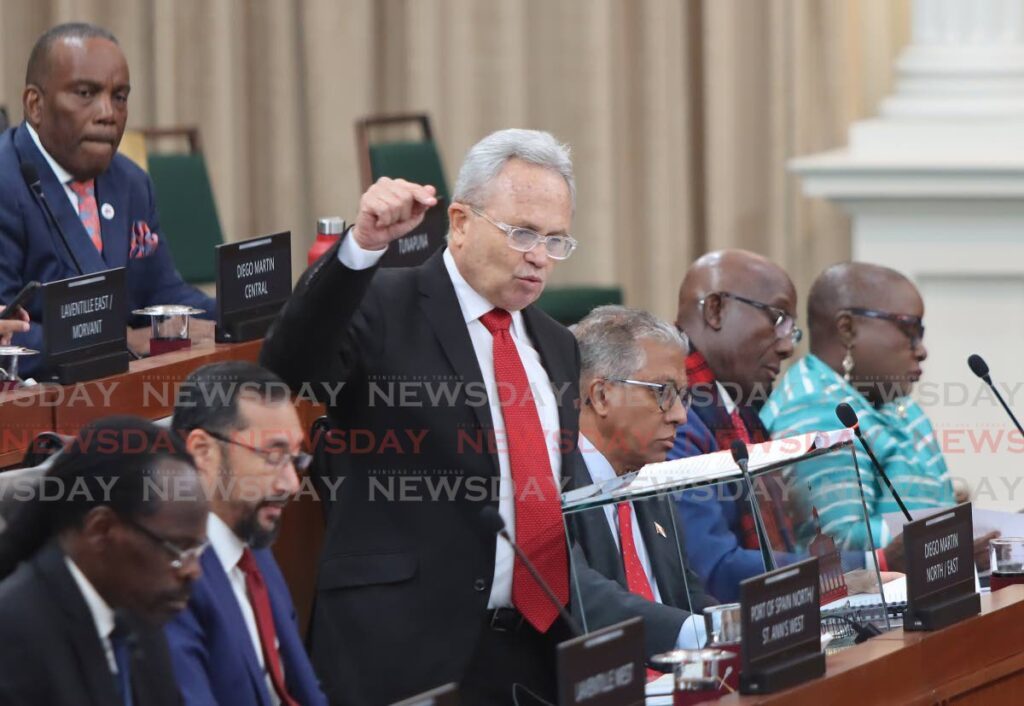Outstanding issues for mid-year review

NOTWITHSTANDING the matters that have arisen in relation to the spat between the Government and the Office of the Auditor General, the Cabinet needs to account to the country about the management of broader fiscal issues and attend to several outstanding matters that are overdue for policy determination one way or another.
The annual mid-year budget review normally takes place between the months of April and June, so there is arguably time for the Ministry of Finance to schedule this crucial update.
Former minister in the ministry of finance, Mariano Browne, has expressed the view that notwithstanding the questions that have arisen relating to the Auditor General’s delayed report on last year’s financial statements, the mid-year review can proceed apace.
Nonetheless, disagreement between officials over the handling of an apparent revenue understatement of $2.6 billion casts a shadow over any fiscal announcements that might be forthcoming, needlessly shaking confidence in the basic data that should be the basis of policymaking.
The cloud is even more substantial given the gravity of the issues the Government is yet to address.
A key matter due for determination is the question of salary levels for public officials.
Having remitted this item to the Salaries Review Commission (SRC) for its reconsideration given “anomalies,” Finance Minister Colm Imbert must tell Parliament the fate of the commission’s 113th and 117th reports, which he tabled in the House of Representatives earlier this year but for which approval, rejection or amendment remains outstanding.
In March, the minister suggested the SRC would be left to address the anomalies “within two months.”
Similarly, there are questions surrounding the Government’s announcement of a $100 million crime plan involving the allocation of funds to be spent by the Defence Force in certain communities.
The Government has missed several opportunities to fully flesh out this initiative.
Related to this is the budget proposal to increase the recruitment of trainee police officers.
“If more funding is required in 2024 to assist the police to achieve its objectives, it will be provided in the mid-year review or before,” Mr Imbert declared last year.
With crime levels remaining distressingly high, there is even more pressure on the Cabinet to account for its management of the finances of the protective services.
Meanwhile, the slashing in the rate of property tax is a done deal. However, a question has been raised about how the shortfall in projected revenue will be covered by local government corporations.
While there are many reasons to justify the return of this tax, at its core it is a revenue measure, something that might also be affected symbolically by the resolution of the $2.6 billion shortfall issue.
The issue of TTEC rates, too, has been left lingering for far too long, adding uncertainty to a situation in which so much is already up in the air.
If a parliamentary mid-year review does not soon occur, the Cabinet must find an alternative means to address all these issues and set out a far clearer timeline of implementation for each.


Comments
"Outstanding issues for mid-year review"